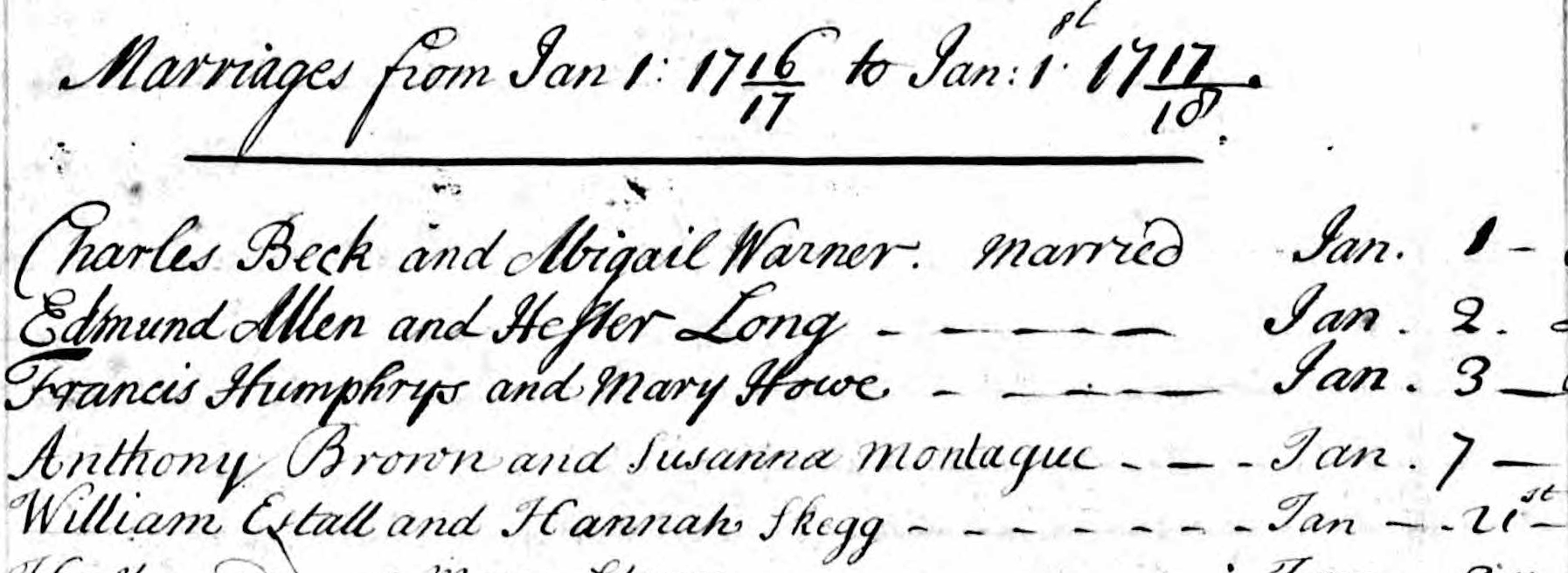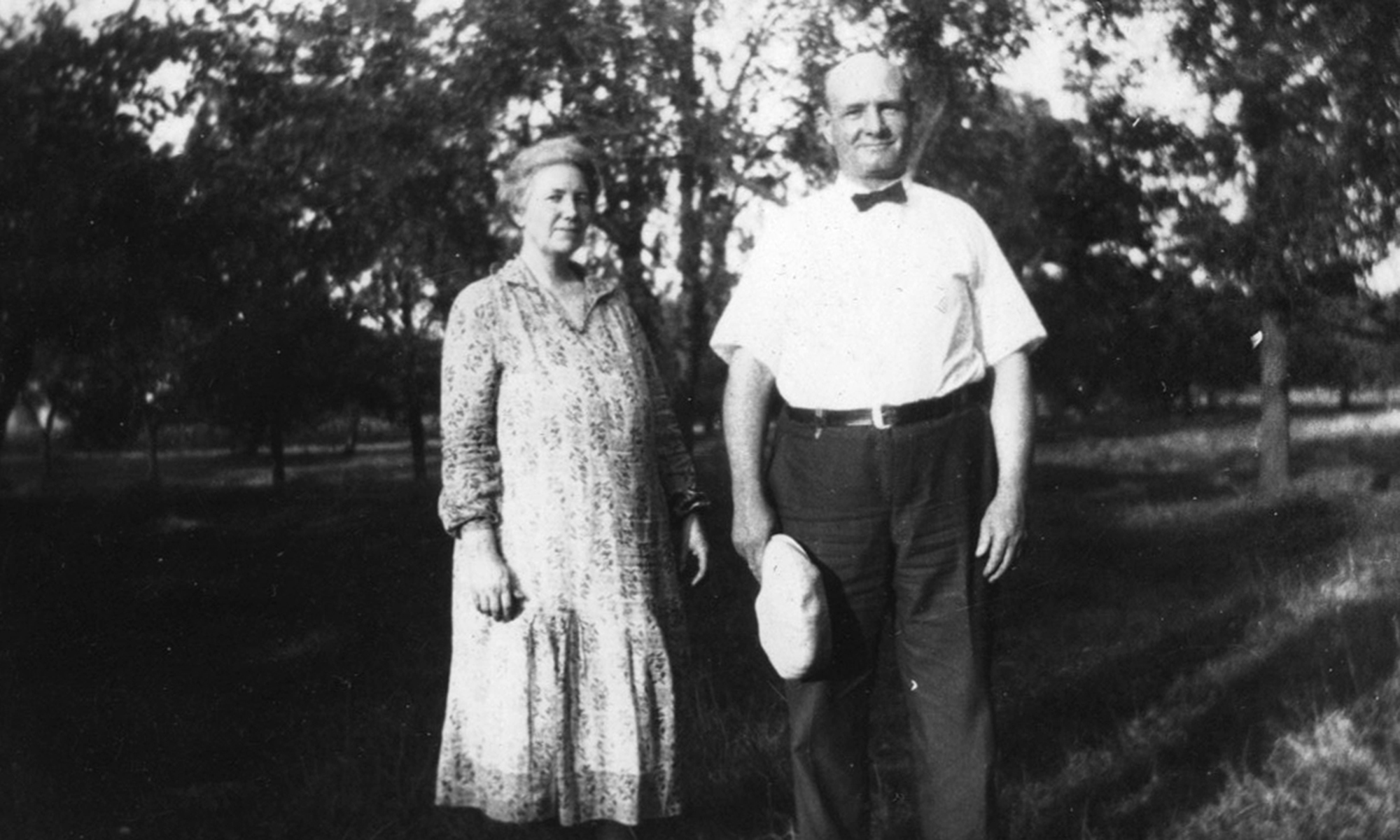If double dating evokes images of romance, be forewarned. This isn’t about romance, though the example of “double dating” below is, sort of. Let me explain.
Double dating — not the romantic kind — was sometimes used to show the difference between a civil year and an historical year in England. England used to observe the civil, or legal, year as running from 25 March to 24 March of the next year … this despite the fact that January 1st was celebrated as the New Year festival.
This confusion finally ended in 1752 with the passage of the The Calendar (New Style) Act.
The act:
• Changed the start of the civil (or legal) year from 25 March (Lady Day) to 1 January.
• Adopted the Gregorian calendar, advancing the calendar by 11 days.
Dates in English parish records prior to 1752 may show dual (or double) dating. Since the civil calendar year ran from 25 March to the subsequent 24 March, dates in the registers from January 1st to March 24th would sometimes show two years to reflect the civil year and the historical year.

For example, the parish register of St. James, Clerkenwell, London, records the marriage of one of our Estall ancestors, William, to Hannah Skegg on Jan 21st 1716/17. The date fell in the civil year of 1716 and the historical year of 1717.
Since in our current era we observe an annual start date of 1 January, it makes sense to use new-style (historical) years when dating our ancestors’ life events. Some genealogy programs allow for recording a double date, while using the new-style year for calculating ages. I follow this practice when dating our English ancestors.
Bottom line: Dating was complicated in England’s past. Double dating may have allayed some of the confusion … though perhaps not to modern eyes. All of this, obviously, was before the advent of Match.com — which makes dating simple!
Notes:
• British colonies, including the Americas, were also affected by the Calendar Act.
• Scotland, unlike England, had begun its civil year on the 1st of January since 1600.
Sources:
• Wikipedia, “Calendar (New Style) Act 1750,” accessed 1 Mar 2020.
• GENUKI (UK & Ireland Genealogy), Mike Spathaky, “Old Style and New Style Dates and the change to the Gregorian Calendar: A summary for genealogists”

